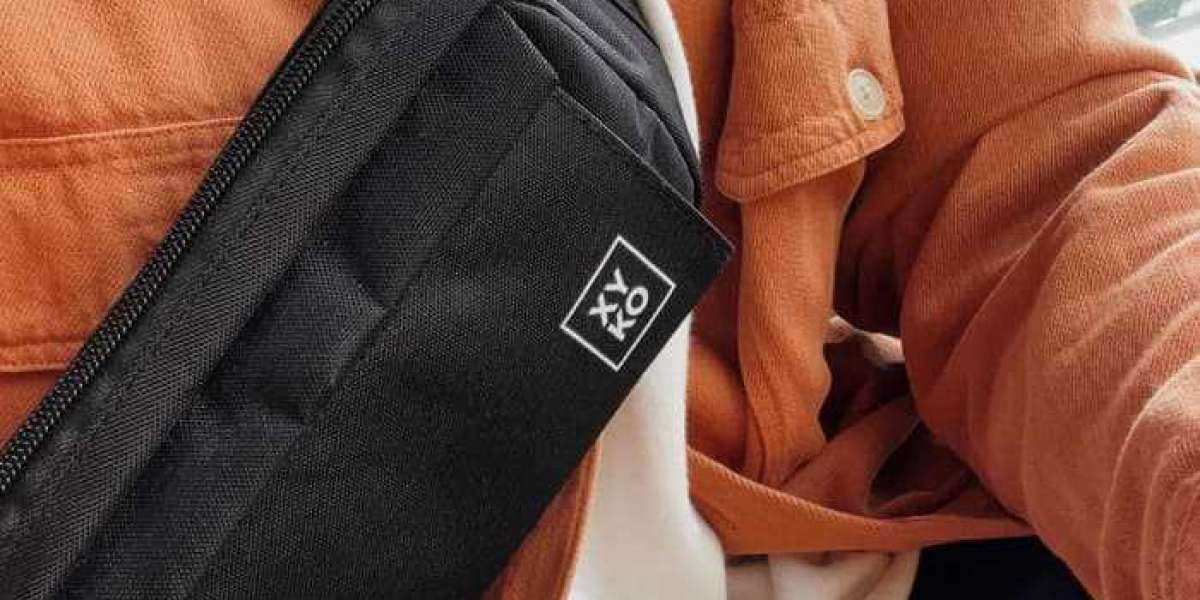? Myth #1: Feshop Is Untraceable
Reality:
feshop users are regularly caught due to digital fingerprints, reused aliases, crypto tracing, and operational slip-ups.
Law enforcement agencies like the FBI, Europol, and local cybercrime units:
Seize servers
Trace blockchain transactions
Use undercover agents
Examples include takedowns like Genesis Market (2023) and AlphaBay (2017).
➡️ Tor ≠ total anonymity.
? Myth #2: Cryptocurrency Makes You Invisible
Reality:
Bitcoin and many other cryptocurrencies are public, traceable ledgers. Agencies use tools like Chainalysis to follow funds from:
Feshop purchases
Mixing services (which don’t always hide trails)
Exchanges (especially those requiring KYC)
➡️ Even “anonymous” coins like Monero have been partially de-anonymized through forensic methods and exchange surveillance.
? Myth #3: Buying Is Safer Than Selling
Reality:
Buyers face serious legal consequences, including:
Wire fraud
Possession of stolen data
Identity theft involvement
Sellers may draw more attention, but buyers are also routinely prosecuted—especially when they attempt to use stolen data for fraud or resale.
➡️ Purchasing is not legally or ethically “safer.”
? Myth #4: Law Enforcement Doesn’t Monitor These Markets
Reality:
Feshop and similar platforms have been monitored or infiltrated many times. Agencies:
Pose as vendors or buyers
Collect logs after seizing backend servers
Deploy honeypots (fake marketplaces)
In some operations, entire forums or shops have secretly been controlled by police for months (e.g., Hansa Market in 2017).
➡️ Assuming no one's watching is naïve.
?️ Myth #5: Stolen Data Is Always Valid or “Fresh”
Reality:
Many dumps sold on Feshop and similar markets are:
Outdated
Already canceled or blocked
Resold multiple times
Some vendors were scammers themselves, and buyers had no real recourse if the data didn’t work.
➡️ "Fresh" ≠ trustworthy.
⚖️ Myth #6: You Have to Be a Hacker to Use Feshop
Reality:
Most users are not hackers—they are buyers who:
Want cheap credit card data
Are looking to cash out gift cards
Engage in low-level fraud
This makes them vulnerable, as they often don’t follow good OPSEC and are easier to catch.
➡️ Lack of technical skill = high arrest risk.
? Summary Table
| Myth | Truth |
|---|---|
| Feshop is untraceable | Many users are caught through OPSEC failures and blockchain forensics |
| Crypto = anonymity | Not true, especially with BTC or reused wallets |
| Buyers are safe | Buyers are often targeted and charged |
| LE doesn't monitor Feshop | They actively infiltrate and surveil |
| All data is fresh/usable | Much is recycled or useless |
| Only hackers use it | Most users are novices or petty criminals |







